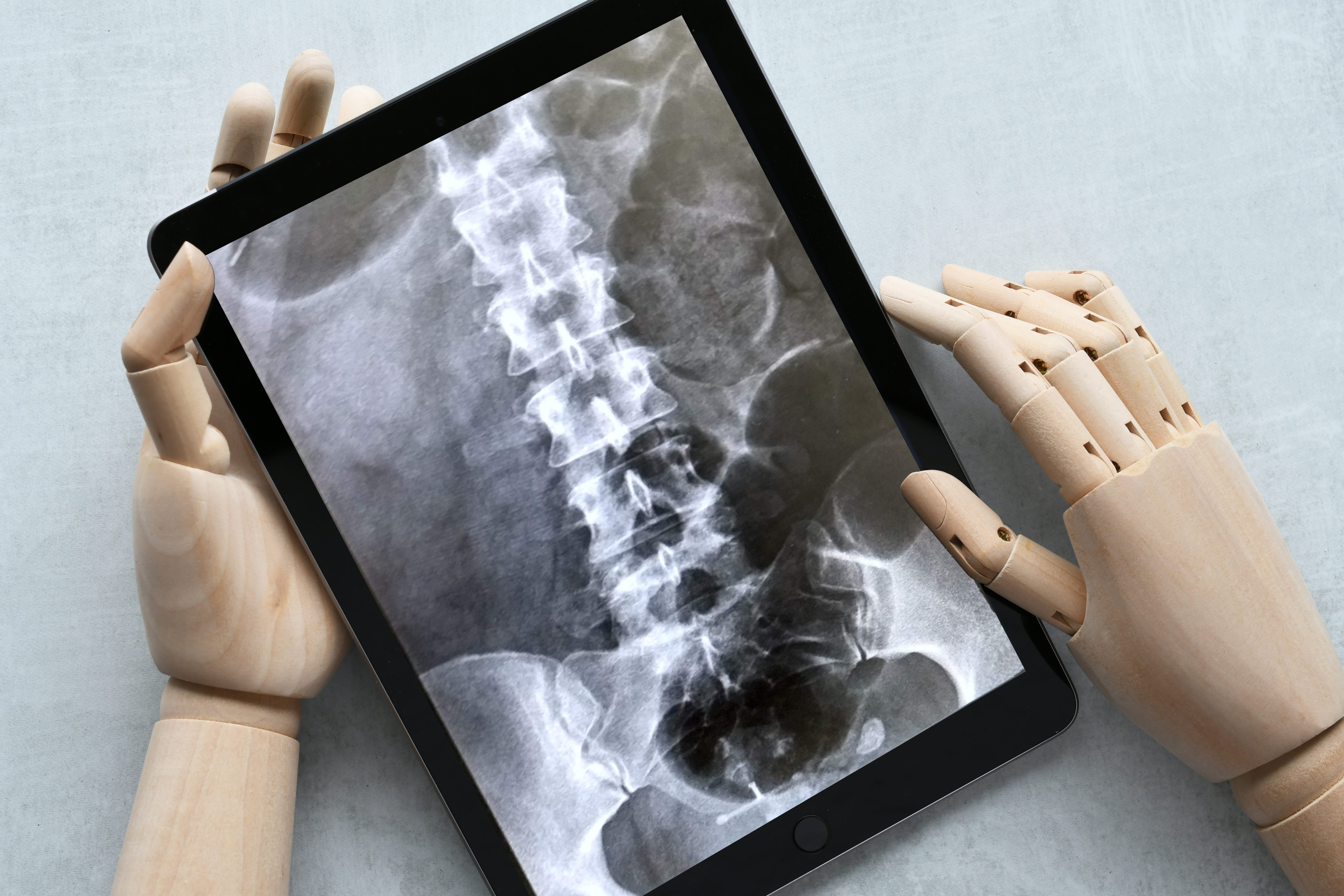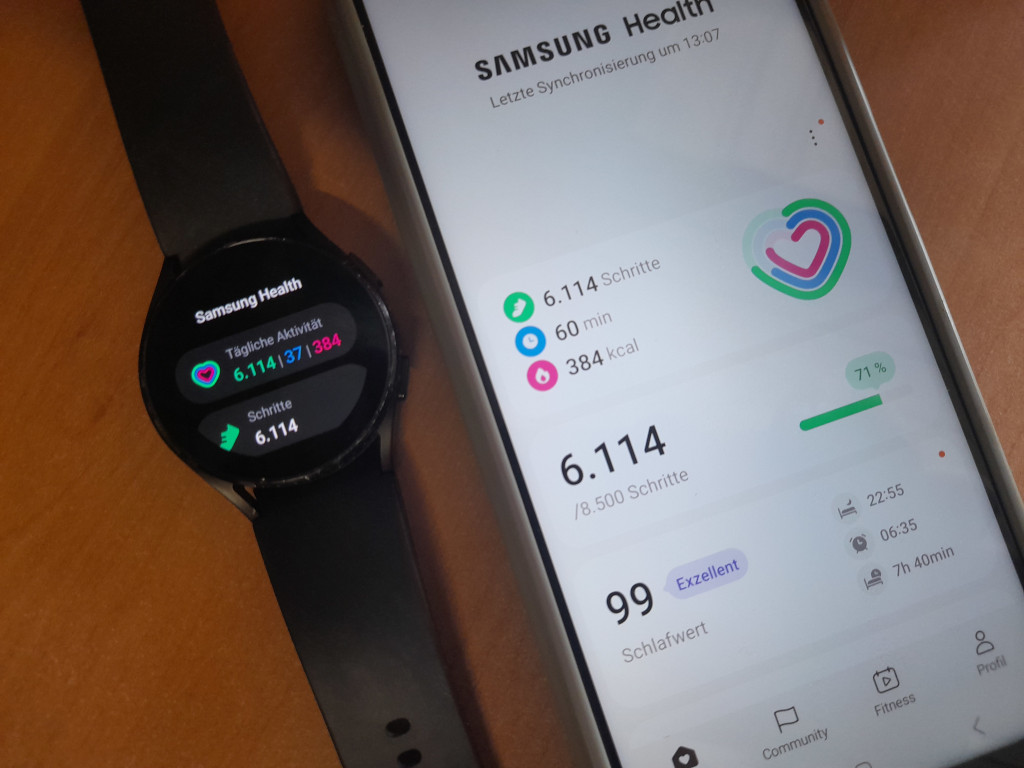14 Remote Patient Monitoring Tools Changing Chronic Disease Management Forever
3. Artificial Intelligence: Transforming Data into Actionable Insights

Artificial intelligence (AI) is revolutionizing remote patient monitoring by transforming vast amounts of health data into actionable insights. AI algorithms analyze data collected from RPM tools to identify patterns, predict health trends, and generate personalized recommendations for patients. This capability is particularly valuable in chronic disease management, where timely interventions can prevent disease progression and improve patient outcomes. AI-powered RPM tools can detect anomalies in health data, alerting healthcare providers to potential issues before they escalate. This proactive approach enables early intervention and reduces the risk of complications associated with chronic conditions. Furthermore, AI enhances the efficiency of healthcare delivery by automating routine tasks, allowing healthcare providers to focus on more complex and critical aspects of patient care. As AI technology continues to advance, its integration with RPM tools is expected to drive significant improvements in chronic disease management, paving the way for a more predictive, preventive, and personalized healthcare system.
4. Mobile Health Apps: Empowering Patients with Information and Support

Mobile health apps are playing a pivotal role in empowering patients to manage their chronic conditions effectively. These apps provide users with access to a wealth of information, tools, and resources that support self-management and improve health outcomes. From tracking medication adherence to monitoring symptoms and accessing educational content, mobile health apps offer a comprehensive solution for individuals living with chronic diseases. These apps also facilitate communication between patients and healthcare providers, enabling timely feedback and support. The integration of RPM tools with mobile health apps enhances their functionality, allowing users to view real-time health data and receive personalized recommendations based on their unique health profiles. By empowering patients with information and support, mobile health apps are fostering a culture of proactive health management, where individuals take an active role in their care and make informed decisions about their health.
